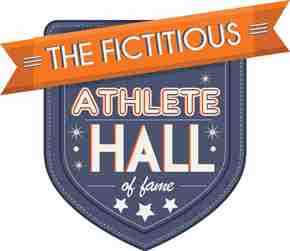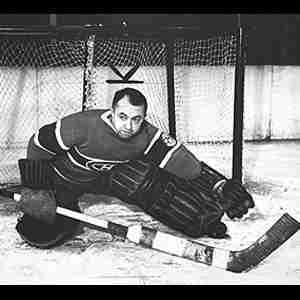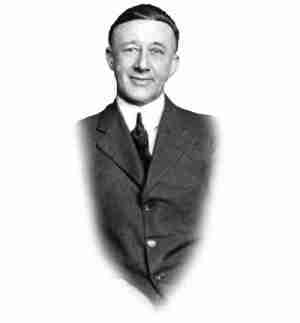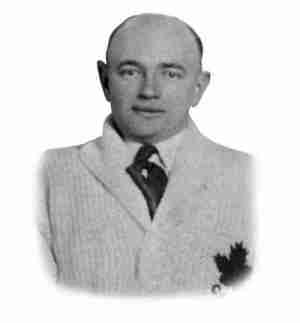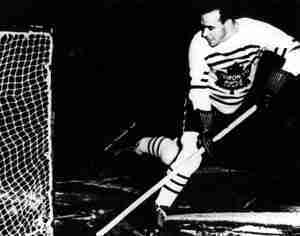- Published in 1961 Hockey Inductees
George Hainsworth
The winner of the Vezina Trophy in the first year of its existence, George Hainsworth became the workhorse for the Montreal Canadians between the pipes. He would lead the NHL in Goals Against Average twice posting an insane 0.92 in the 1928-29 campaign. Although passing changes opened up the game and prevented a similar statistical effort, Hainsworth was still among the better goalies and would backstop the Canadians to consecutive Stanley Cups.
